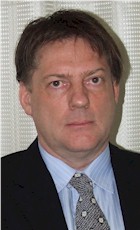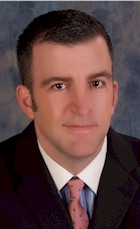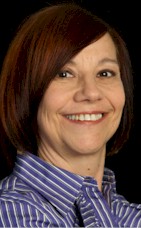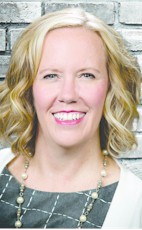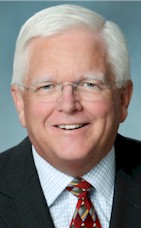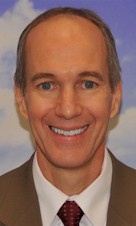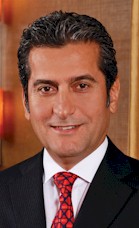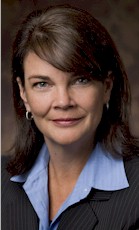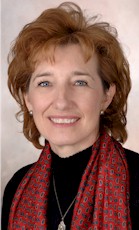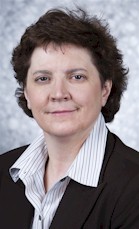
What is the necessary data or benchmarks to use in order to improve or simply gauge the performance of a hotel spa? Firstly, the percentage of in-house clients that use the spa facilities which is the “capture rate”. These percentages vary based on the type of hotel and can be quite different from one another. Understanding that the hotel clients' primary reason(s) to be there does not always include the need for spa treatments; therefore spa services must be attractive enough so that the clientele will want to patronize the spa. The percentage of retail sales compared to treatment sales is also extremely important to identify how well a spa is performing. This article will provide further details about some of the most important benchmarking metrics to use for hotel spa operations. READ MORE


